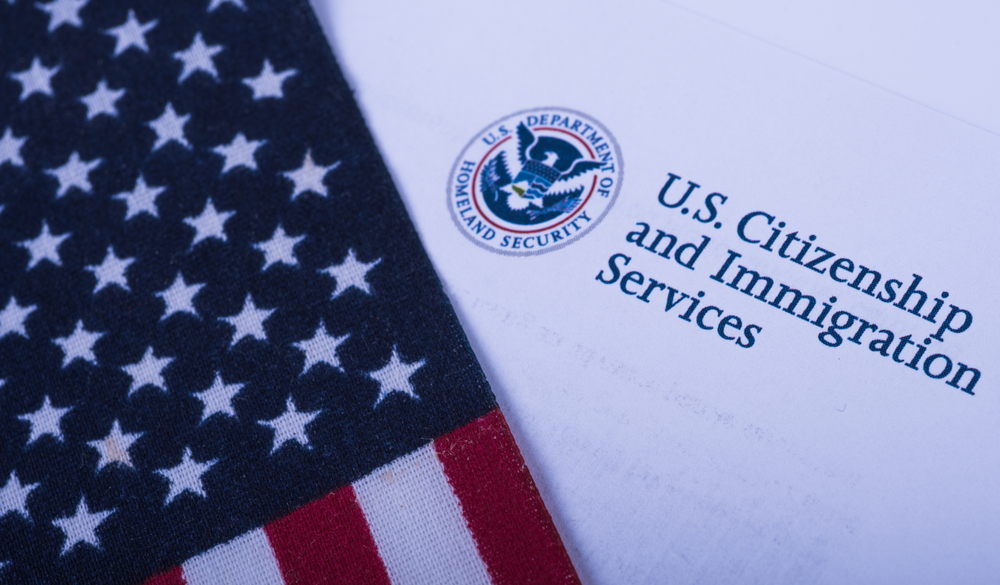
The citizenship application process can be lengthy, and the people reviewing and processing them are going through hundreds and thousands of similar applications. As a result, any issues with your application or mistakes when applying for citizenship can drastically delay your naturalization or even prevent it from happening at all. What are some of the most common mistakes, and how can you avoid them?
Leaving Incorrect Information on Your N-400
One of the biggest mistakes when applying for citizenship is also one of the most obvious—incorrect information on your N-400. Unfortunately, some people are so worried about passing the exam portion of naturalization that they do not take enough time to carefully complete the paperwork. There is no mistake too small for it to count against you. Something minor, like an error in a prior living address or job, could lead to the outright rejection of your application.
Next, you must take your time when answering any questions that relate to past criminal issues or your moral character. Some applicants misunderstand what is being asked in a question and end up leaving answers that USCIS officers interpret as suspicious. If USCIS decides that you have misrepresented or outright lied about anything that is on your application, it will lead to a denial and the inability to file for citizenship for five more years. Additionally, your next application will have to state that you have made a misrepresentation on your application in the past.
IRS Reporting Errors
Filing taxes correctly can be challenging for United States citizens, so it’s only logical that it can also be challenging for people who aren’t citizens yet. One of the other common mistakes when applying for citizenship is not paying taxes properly or reporting correctly to the IRS. If you do not properly report income, your naturalization can be put into jeopardy. This is partially because failing to file taxes or be honest on your taxes can lead you to not satisfy the requirement of good moral character.
Additionally, in an immigration context, tax evasion over the amount of $10,000 is considered an aggravated felony. If you are convicted of an aggravated felony, you will be permanently barred from being able to establish good moral character on your naturalization application.
Pauses or Gaps in Your Continuous Residence
Another one of the most common mistakes when applying for citizenship is breaks or gaps in your continuous residence in the United States. In order to apply, you must have maintained a continuous residence throughout the three or five years before submitting your application. If you have left the United States for longer than six months, this can put your application into jeopardy and require you to submit additional documentation to show that there was no gap in your continuous residence.
Learn More About the Immigration Process from The Law Office of Elizabeth Anu Lawrence
If you or a loved one are concerned about felony charges or other convictions that might jeopardize your immigration status, choose an experienced firm like the Law Office of Elizabeth Anu Lawrence to give you the help you need. Please give us a call at 443.352.3201. Skype and telephone consultation are both available to clients.
